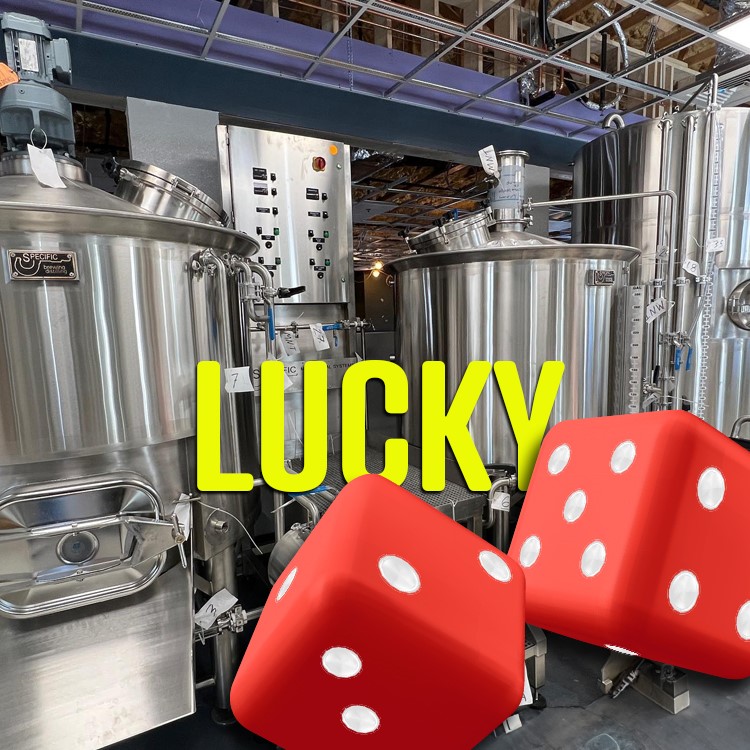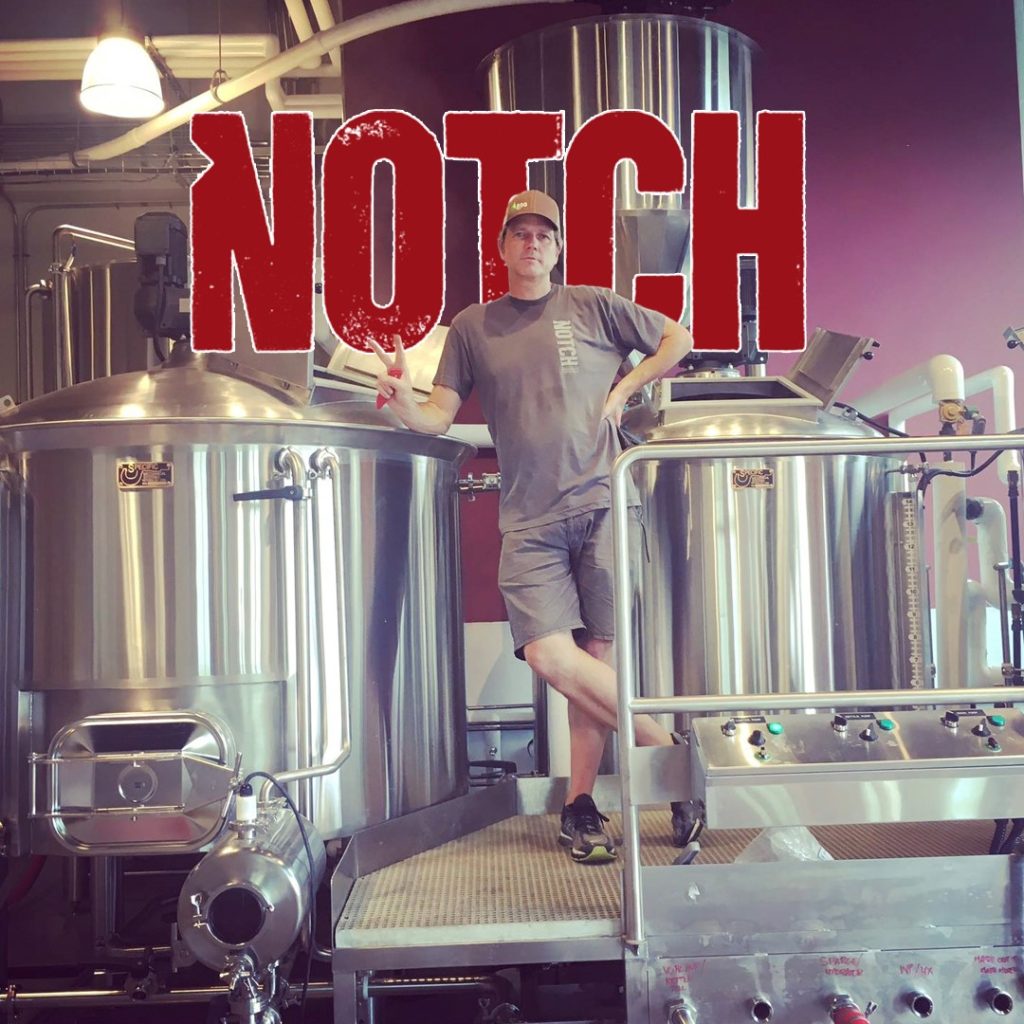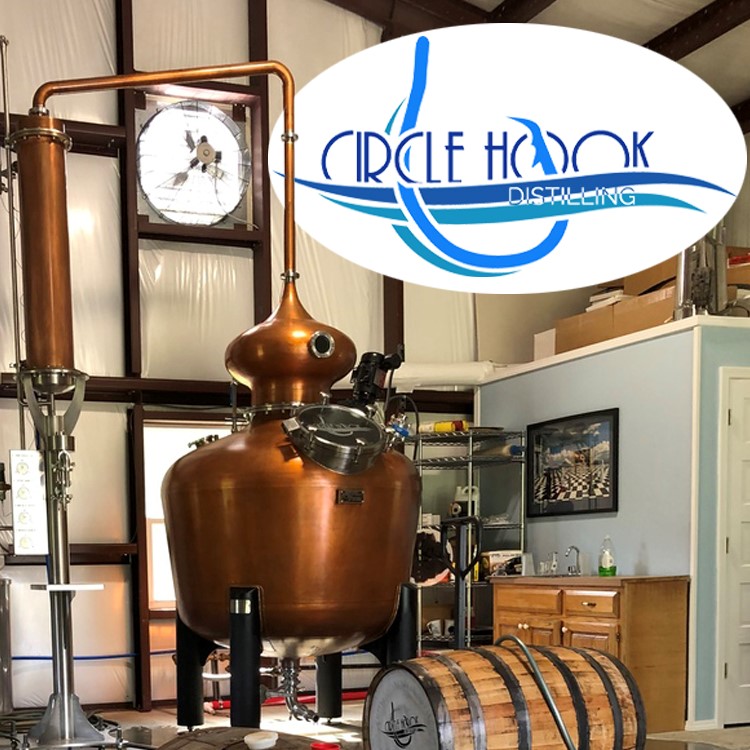The size of a brewhouse is a critical decision for any brewery, as it impacts production capacity, flexibility, cost, and overall business strategy. A 7-barrel brewhouse, which can produce approximately 217 gallons (821 liters) of beer per batch, is often considered the perfect size for many breweries, especially those at the microbrewery or brewpub level. Here are several reasons why a 7-barrel brewhouse is ideal:
1. Balanced Production Capacity:
- Scale: A 7-barrel system strikes a balance between small-scale homebrewing systems and larger commercial setups. It provides enough capacity to meet the demands of a local market or a busy brewpub without overwhelming the resources of a small brewery.
- Volume: The 7-barrel size allows for a substantial volume of beer production that can support a variety of taproom offerings, limited distribution, and experimentation with new recipes.
2. Flexibility and Variety:
- Recipe Experimentation: This size is ideal for experimenting with new recipes and seasonal beers. It allows brewers to produce small batches that can be tested and adjusted without the significant investment required for larger batches.
- Variety: A 7-barrel brewhouse enables brewers to offer a diverse lineup of beers. Smaller batch sizes make it easier to rotate different styles and flavors, keeping the tap list fresh and exciting for customers.
3. Cost-Effectiveness:
- Initial Investment: The cost of a 7-barrel brewhouse is relatively affordable compared to larger systems, making it a feasible option for start-ups and small breweries.
- Operational Costs: Operating costs, including energy, water, and ingredients, are more manageable with a 7-barrel system. This helps maintain profitability, especially for breweries with limited financial resources.
4. Scalability:
- Growth Potential: While a 7-barrel system is manageable for start-ups, it also provides a foundation for growth. Breweries can start with a 7-barrel system and scale up their production by adding more fermenters or expanding to a larger system as demand increases.
- Distribution: For breweries looking to expand their market reach, a 7-barrel brewhouse offers enough capacity to distribute to local bars, restaurants, and retailers without the risk of overproduction.
5. Space Efficiency:
- Footprint: A 7-barrel brewhouse typically has a smaller footprint compared to larger systems, making it suitable for breweries with limited space. This is particularly advantageous for urban locations or brewpubs where space is at a premium.
- Integration: It can be integrated into existing facilities with minimal disruption, allowing for efficient use of available space.
6. Quality Control:
- Batch Size: Smaller batches enable closer attention to detail during the brewing process, enhancing quality control. Brewers can closely monitor each batch and make adjustments as needed to ensure consistent quality.
- Freshness: Smaller batch sizes also mean that beer spends less time in storage, ensuring that customers receive fresh, high-quality beer.
7. Customer Engagement:
- Community Focus: A 7-barrel brewhouse supports a community-focused business model. Brewers can engage directly with customers, gather feedback, and build a loyal local following.
- Events and Tastings: The manageable batch size is perfect for special events, tastings, and collaborations with local businesses or other breweries, fostering a strong community presence.
8. Regulatory Compliance:
- Licensing and Taxes: Smaller breweries often face fewer regulatory hurdles and lower excise taxes, making a 7-barrel system an attractive option for minimizing regulatory burden while maximizing production capability.
A 7-barrel brewhouse is often seen as the perfect size for many breweries due to its balanced production capacity, flexibility, cost-effectiveness, and potential for growth. It allows brewers to maintain high-quality production while offering a diverse range of beers, engaging with their local community, and managing operational costs effectively.





